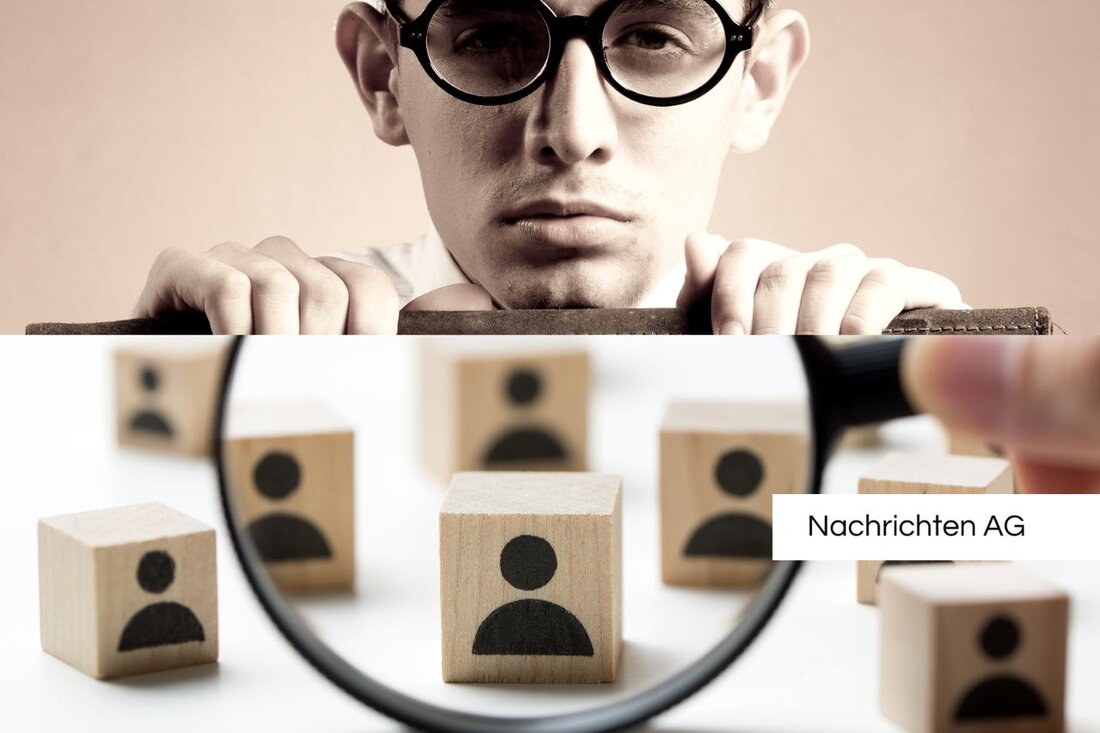Trial against Syrian brothers: knife attack fuels deportation debate!
Trial against Syrian brothers in Stuttgart after knife attack; Debate about deportations and family law issues.

Trial against Syrian brothers: knife attack fuels deportation debate!
A sensational trial against three brothers from a Syrian family came to an end at the Stuttgart regional court. The brothers, who were on trial for a knife attack on Königstrasse in July 2022, were charged with attempted murder and grievous bodily harm. Confronted with these serious allegations, the public prosecutor's office accuses the defendants of attacking their victims after an alleged disruptive factor in the form of "unpleasant looks". In this brutal attack, a man was so seriously injured that he had to be taken to hospital with life-threatening injuries. Interestingly, one of the brothers confessed to the attack, but blamed insults as the trigger for the crime, as reported by SWR.
However, the trial was not only shaped by the brothers' actions. Disturbances in the courtroom and difficulties in getting a key witness from Turkey meant that the proceedings dragged on. The entire situation has not been without impact: reports about the extended Syrian family were followed by a heated debate about the necessity and feasibility of deportations. In particular, the Secretary of State for Justice Siegfried Lorek is committed to facilitating returns to Syria, but such measures are currently not enforceable due to residence rights and an existing ban, as schwaebische.de also notes.
Family background and problems
The brothers come from a large family whose father is also known to the police. He lives in the north of Stuttgart with two wives and over ten children. All family members came to Germany between 2015 and 2020 and enjoy refugee or subsidiary protection status. The family circumstances are complicated: subsidiary protection is not granted because of individual persecution, but because of the devastating conditions in the civil war in Syria, which is now ending but still brings with it many uncertainties.
In the context of this debate, it is important to mention that there are currently around 975,100 Syrian citizens in Germany. This group still makes up a large proportion of the asylum seekers who have come here in recent years. Many of them have now acquired German citizenship, but the integration challenges remain, especially when it comes to the crime of individual family members, which as a whole influences the image and perception of the refugee community. For example, 22 percent of all those seeking protection in Germany are of Syrian origin, as Mediendienst Integration shows.
Political debates and future perspectives
Baden-Württemberg's Justice Minister Marion Gentges makes it clear that returns to stable conditions must be part of the long-term management of the refugee crisis. Gentges also calls for increasing pressure on Syria and linking reconstruction aid to repatriations. At a time when Syria is going through a period of upheaval and the transitional government is determined by the Islamist group Haiat Tahrir al-Sham (HTS), the question of repatriations is more difficult than ever.
In addition, there are efforts within the country to keep an eye on the situation: The Dangerous Foreigners Special Unit (SGA) focuses on repatriating criminals and potential threats. Over 490 deportations have been carried out since its inception, but the decline in action in recent years raises questions.
The goal is clear, but the path to get there remains bumpy, and the debate about security and fundamental rights will probably continue for a long time.

 Suche
Suche
 Mein Konto
Mein Konto